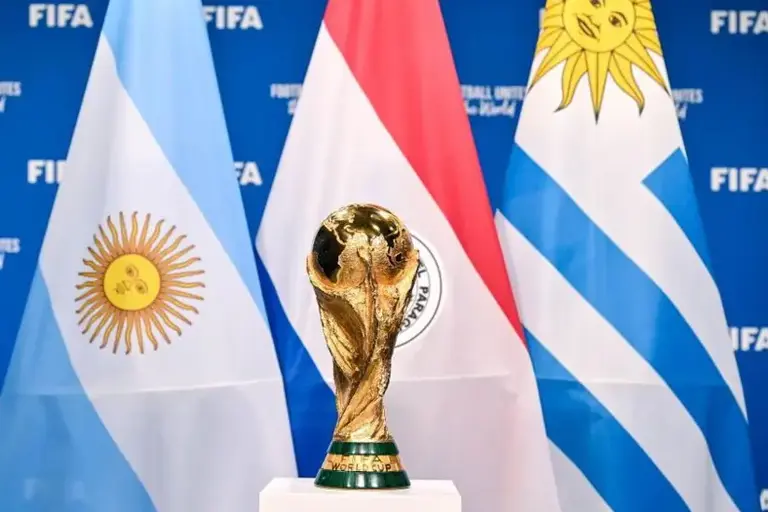The Fédération Internationale de Football Association, FIFA, is reportedly considering shifting part of the 2026 World Cup matches from the United States to Canada.
This action comes amid growing concern about US immigration laws, which have attracted condemnation from fans, human rights organisations, and the media alike.
The tightening of visa restrictions has created major difficulties for whole delegations, including spectators, journalists, and support staff, seeking access into the United States.
With up to 43 countries currently excluded from travelling to the United States, even World Cup qualifiers like Iran may find their fans barred from going, forcing players to participate in nearly empty venues.
These limits have generated major concerns about FIFA’s adherence to its key values, particularly those emphasising “access and non-discrimination”, as well as its vow to protect human rights and promote inclusiveness.
While the United States has significant financial backing for the tournament, Canada appears as a more viable option.
The neighbouring country provides not only logistical support and political neutrality but also more stability in immigration regulations.
FIFA must strike a difficult balance between upholding its objectives of anti-discrimination, diversity, accessibility, and inclusion and avoiding any conflicts of interest that could jeopardise the tournament’s integrity.
These priorities will be considered when deciding whether to relocate matches to Canada.











